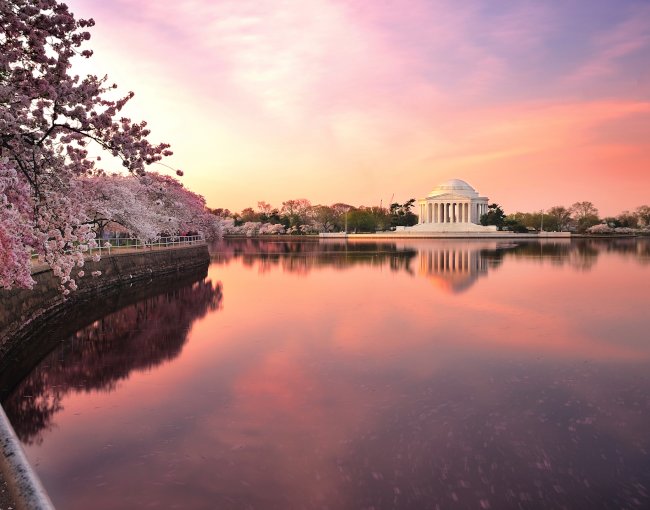April is the first in our two-part Wonkology series exploring the roles of delegates in the Republican and Democratic Parties
An individual chosen to represent a state, the District of Columbia, or a US territory during the presidential nomination process at the Republican National Convention.
April Showers
Prior to 1972, state party bosses had the ability to control and manipulate delegates to the national convention. To secure the nomination, presidential campaigns struck deals with these leaders to swing delegates in their favor. Even Abraham Lincoln failed to gain a majority on the first ballot at the 1860 Republican Convention, only securing a majority on the third ballot. Though primaries and caucuses began to increase in popularity in the early 20th century, the party boss-led system was not replaced entirely until the 1972 election after the tumultuous conventions of the 1960s.
May Flowers
Today, state parties select their nominees through a primary, a caucus, a convention, or some hybrid of these options. A state's delegates are typically bound to vote for a specific candidate on the first ballot at the convention, and a candidate must garner a majority plus one vote to secure the nomination. This process worked as planned for the last several election cycles, when delegates ratified the overwhelming favorite. The Republican National Convention has not proceeded beyond the first ballot in 40 years.
National party rules automatically assign ten delegates to each state and three for each congressional district, with additional bonus delegates awarded if that state has currently-elected Republicans to the US House, US Senate, Governor's mansion, or State Legislature. Most state parties require delegates to vote for the candidate they were selected to represent. In addition, 168 elected members of the national party also have a vote at the convention, though whether they are bound to vote for their state's victor on the first ballot is an open question.
July Mud?
Prior to the result of today's primary in Wisconsin, frontrunner Donald Trump would need an additional 500 delegates, a number that he may not reach prior to the July convention in Cleveland. Delegates will then play a critical role in selecting the nominee if the first ballot does not yield a nominee. While the primaries continue to play out, opponents Ted Cruz and John Kasich are attempting to pick off delegates to secure their support on a second ballot. There are also 171 so-called "zombie" delegates accrued by candidates that have already dropped out of the race. Last week, Marco Rubio sent letters to 21 state parties asking them not to release these delegates until after the first ballot. Despite not being in the race, this effort alone, if successful, could prove to be a spoiler to Trump and lead to a contested convention. Although Trump has a commanding lead, if the convention goes to a second ballot, anything can happen.





